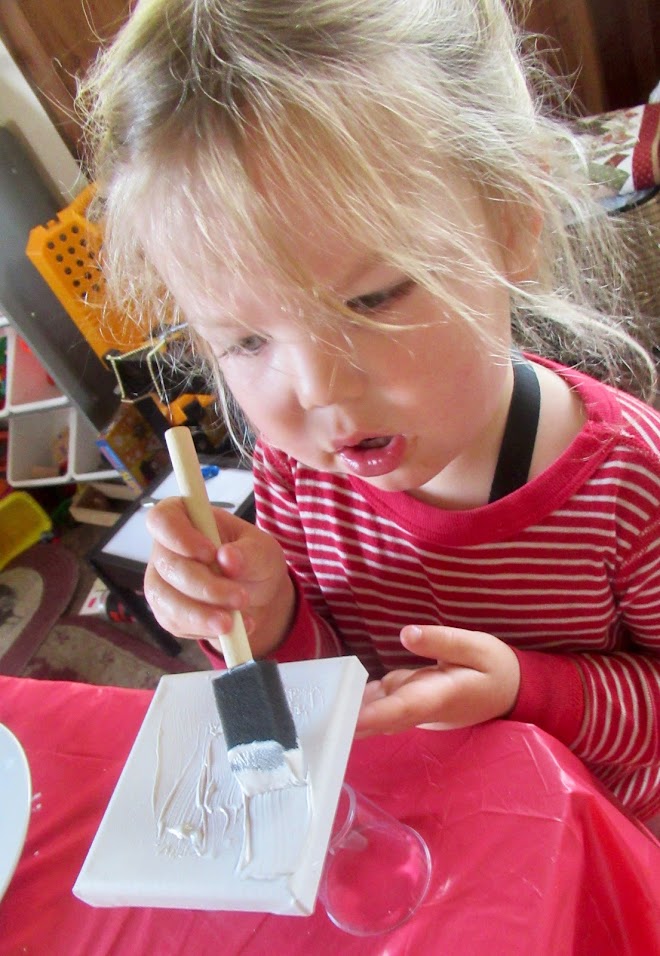Whose Shoes Are Those?
Teaching is a funny business, and I’m not talking ha-ha funny. With the pay being what it is, and the work load criminally hard, one has to find satisfaction outside of the monthly paycheck, which amounted to an insult, as far as equal rate of exchange was concerned. Too much time for too little pay. I found much of that satisfaction through drama, presenting an annual production of Shakespeare, and giving middle school kids the opportunity to try their hand at acting.
Middle schoolers were a funny age, in that they could be such hams, and yet, were so vulnerable to opening themselves up, in front of their peers. It took a fairly strong personality, to be able to step out of the shoes of a 21st century Californian, and into those of the Renaissance performer. However, when it actually occurs, it merits attention, and produces that keen sense of appreciation, for being able to occasionally see that your influence produces remarkable results.
I remember Melissa, a waif of a sixth grade girl, her blond hair a soft and silky exterior, mirroring a fragile and even temperamental child, with an outgoing mother, and at least three younger siblings. This younger set was an active trio of elementary-aged kids, with whom Melissa could be seen after school, interacting in a most rambunctious manner, indicating a comfort level probably enhanced by many hours of similar play at home.
In class Melissa proved herself to be more than capable of producing above-grade level work in language arts, with an excellent ability for expressing herself on paper. If she could write this well as a sixth grader, her future seemed secure, as she would only improve with time. Where Melissa struggled, was expressing herself within the classroom.
The California Standards required that by the time students reached middle school level, they be able to do oral presentations on a variety of required subjects, from a book report, to a group presentation, to possibly a debate. The idea was to prepare students from an early age for all components of the real work world, and that included the need for students to be comfortable speaking in front of an audience. Melissa struggled to conduct herself in any kind of comfortable mode, her soft voice failing to project to the back of the classroom, and her red face, glowing like a beacon, transmitting her discomfort clearly to me and anyone else watching.
One way that I facilitated this process was to put on a play each year, which gave a fair number of students the opportunity to hone these skills needed to successfully perform in front of both peers and family. Whereas it was easy for some, for others it was very challenging, because if a performer lacked confidence, the whole thing could turn out to be a mortifying experience, with the student feeling self-conscious, and the performance reflecting that fact.
Therefore, it was a balancing act to try and align students with the parts they played. I did not want to dictate my idea of how the cast should assemble itself, so much as I wanted the students to orchestrate this process. Part of my ongoing goal for these productions was to empower the students to actively control their own level of participation. I wanted them to choreograph their own scenes, and I wanted them to be the ones to determine how a given line or stanza should be interpreted and performed. Students responded infinitely more enthusiastically, if they themselves were the instigators of forward progress, rather than I.
I wanted students to get away from the notion of automatically turning to me for an answer, as opposed to turning within the group, and pooling their resources, before having to come to me. As a class we read the plays aloud, before determining who was to play which role. If a student already had an interest in a particular part, then she or he would ask to read parts of that character’s lines, with others also sharing the lines. Eventually, I would be able to form a fair idea of how it would all play out.
The year that Melissa came to me, we had an unusually strong class, academically, and the play was Romeo and Juliet, a dramatization long associated with impressionable middle schoolers. The reality is, that in Renaissance times, Romeo would have been about 15, and Juliet about 13, so middle schoolers were particularly well-suited for this play. Their youth and impetuous nature, lends credibility to the impulsive actions of both Romeo, and his sweetheart, Juliet.
But Melissa was not the best suited for these two roles. Actually, she originally had no interest in playing a part, being content to apply her artistic skills to the painting of the scenery. But she underestimated her own reaction to the stirring comedy/tragedy, and she fell in love with the whole idea of being a part of this grandiose production. As out of character as it may have been, she let me know late in the reading, which took place over several days’ time, that she was interested in playing a part-any part.
When I ended up listing all of the parts and all of the possible players, I found that the only role still unassigned, and still open for consideration, was The Prince of Verona, a relatively minor character, but one which required a good deal of force and necessary emotion. I thought of the Prince’s stage presence, and the need for the person who played that role, to do so with enthusiasm and flair, and was Melissa really the best suited to do so?
Apparently, yes, according to both Melissa and her mother, who was ecstatic that Melissa would even try out for a part. Learning the lines was not a problem, and determining when to deliver them was easy, but being able to realistically portray the prince, might present a bit of a dilemma, if it was to be believable. The diminutive Melissa, complete with soft, unsubstantial voice, stretched the imagination, as far as being a commanding stage presence. But she got up there and delivered her lines, and I told her that we’d make an actor out of her yet.
What was I going to do? The cast was by now etched in concrete. There was no chance of a shift, and my only objective was to steam full speed ahead, making do the best I could. The cast was wildly supportive, but every time we did the Prince’s main scene, which was the culmination of the frantic street brawl, at which time the Prince decrees an end to the Montague/Capulet public feud, there was a decided let-down, as Melissa could not muster up the fire and brimstone, that the part demanded. She’d finish, she’d note the lull, suspended in the air, and we’d move on.
As we drew near the date of the first scheduled public performance, I had occasion to be after school one day, while converting the classroom to our “theatre in the round,” when I got a call from a parent, who had left some classwork of a sick student with the office, and could I come up and get it? As I made the two-minute stroll up to the office, I couldn’t help but notice that Melissa and her three siblings were over in the baseball bleachers, conducting their own mini-practice session, and even from where I was, I could hear that Melissa was performing her lines in exactly the way I would have liked to see her perform in our production. What was up with that?
When I came back out from the office, the actors had gone, leaving me to reflect on what I had seen. Later, while practicing during elective, Melissa struggled as usual. Afterwards, I called her over to me, and mentioned that I had seen her the previous afternoon, and that her practice session had been marvelous. She got red in the face, and obviously felt uncomfortable.
“Look, I heard you out there, from across the field, so you can obviously do it, just not on stage. Can you tell me what stops you from doing the same thing on stage that you were doing in the field yesterday?”
Melissa turned to me, and said simply, “No, I cannot.” And then she tried to escape, tried to flee through the door, but my saying her name one time stopped her. She turned around. “What am I supposed to do, if all I see when I try to deliver my lines, are my friends, who know that I can’t be the Prince of Verona.”
“So you see your friends when you try to say your lines? Why don’t you try to see the Montagues and the Capulets in front of you? That’s what your friends are doing. They’re trying to step out of their shoes and into the shoe of the characters they are playing. it’s called a suspension of belief. You have to believe you are, who it is you are playing, in order to make the whole thing work. It’s what acting is all about. The reason it works out on the field with your siblings, is that they are more than happy to pretend to be, just exactly who it is you assign them to be. It’s you who is stuck in the 21st century.”
The night of the first performance came upon us, as fast as they always do, and I was as nervous as a middle schooler smoking in the bathroom, as the lights dimmed, and I stood behind the sets, with my script, and my penlight, ready to prompt should that be necessary. The tumultuous opening scene burst upon us, the swords flashing, the trumpets blaring, the passion of the long-standing feud well-played by the cast. Topping it all off, was a splendid and convincing portrayal of the Prince, by Melissa.
Truly impressed by Melissa’s performance, and determined to bask in the glow, I sidled over to her after the performance and said casually, “I trust that little pep talk I gave you the other day, didn’t hurt your performance any?” I grinned knowingly at her.
She laughed merrily, and said, almost off-handedly. “Oh, yeah, I appreciated that. Of course, I also just made a hundred bucks.”
“You did? How did you do that?” I was naturally curious.
“I won a bet. My grandpa bet me I couldn’t speak loud enough for him to hear me in the back row. He lost the bet.”
“Oh,” was all I had the grace to say, and I doubt that Melissa’s grandpa could have heard it from the back row.















I love the surprise ending here. And I just know that it wasn't ALL about the money for Melissa. ;)
ReplyDeleteNo surprise - you can really nail the middle school kid modus operandi!
ReplyDelete